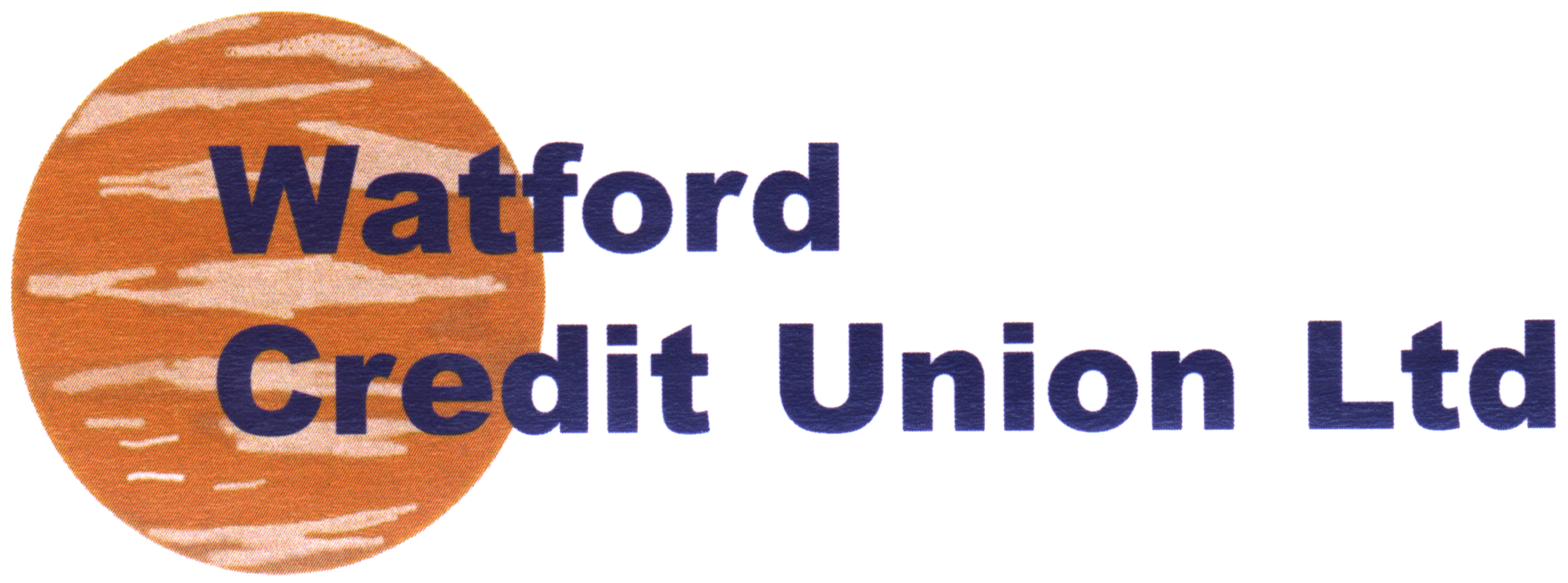

Credit Unions
Credit Unions are not for profit financial co-operatives run by their members under a common bond. Members own the credit union as each £1 saved buys one share in the credit union. Members save and may borrow.
All a credit union’s money comes from members’ shares, joining fees, and possibly some sponsorship. The running costs are met essentially by “profit” made by interest charges on loans. Credit unions do not pay any “interest” on savings but a dividend may be paid as a percentage of each member’s share balance.
A credit union is run by the members who have obligations to elect a management structure and who have a right to vote at the AGM in return.
Credit Unions work on trust and within the community. They provide a viable alternative for saving and borrowing.
Members are encouraged to save whilst repaying loans so they can increase their shareholding by the end of their loan period.
Credit Unions are regulated by the Credit Union act of 1979 (rev 1989/96).
All credit unions are run as limited companies and under business principles. We have a responsibility to keep money safe for all who invest in the credit union.
Credit Unions are usually affiliated to an umbrella organisation such as ABCUL (the Association of British Credit Unions Ltd).
Common Bond
The concept of a common bond, the factor that unites the members, is that within a community, people share a common purpose or affinity and it is this factor that binds the members together.
The bond can be defined as:
- Members of a community such as major centres of population
- Employees within a company (a group of employees clearly have a common bond)
- A member of an association or organisation such as a trades union or church group
The important thing is that people are known by the group either in a community or workplace and that there is basis of trust. After all the community is using its own member’s money.
Credit Unions do not discriminate due to:
- Race, creed, sex, social standing
- Age or disability
- Past loan history
- Lack of credit record
- Living on income support
- Living in blacklisted areas
- Insecure employment
- Lack of loan history e.g. return from working abroad
However, we must look after our members’ assets, and the granting of loans has to be business based.
Given that we are running essentially a members’ co-operative, a Credit Union can often give a better deal than bank loans and loan sharks. It is important to note that credit unions are not able to offer instant relief from poverty, more to encourage financial well being over a period of time.
How Safe is Members’ Money?
Credit Unions operate under, and comply with, Acts of Parliament, are regulated by the Prudential Regulation Authority and the Financial Conduct Authority, and are run under business principles. We have many legal and internal safeguards and have developed a substantial set of policies and procedures, which are designed to ensure the sound and profitable running of our Credit Union. We are insured against fraud and theft and are audited independently.
The Financial Cycle
Credit Unions are funded by money that they get from member’s contributions in shares, joining fees, and sponsorship. The Credit Union earns money by charging interest on the loans to members. The loan interest earned by the credit union goes towards servicing its needs in terms of paying its running costs and if there is any surplus to return money to the shareholders as a dividend. Running costs are administration, rent, rates, telephones, stamps etc and an amount required by law to be put into reserves to cover bad debts.
The Money Cycle
Money from the members’ savings goes into the common pot – from this pot loans are made. Repayments of loans plus interest are paid back into the pot and any “profit” is used for running the Credit Union. If there is any surplus after all the running costs are accounted for then this can be paid out in the form of a dividend to the members proportionate to the member’s shareholding. Some small income is also earned by prudent investment of member’s money.
Often, Credit union officers and volunteers do not get paid other than to cover out of pocket expenses, however, paid staff may be employed.
(The Watford Credit Union is run entirely by volunteers.)
Dividend
The payment of a dividend, if at all, depends on the amount of surplus money available. Details are decided after the end of each financial year at the AGM, in the light of a recommendation by the Board of Directors. By law, the maximum allowable dividend is 8%, but they are often much less, even zero, especially for new credit unions.
The Management Structure
The members elect a volunteer Board of Directors (including a Treasurer and Secretary) who are responsible for the day to day running of the credit union, ensuring that proper business decisions are made and who are accountable to the members. The AGM may also elect a Credit Committee which processes loan applications and ensures, as far as possible, that loans are made with minimum risk. The Credit Committee follows up loan repayments that fall into default and if necessary starts a process of legal action. An essential part of all credit unions is the Supervisory Committee. They act as an internal audit function, constantly checking that all procedures are correctly followed, that members’ interests are protected, and that we comply with legal requirements. Thre will also be a Money Laundering Reporting Officer who looks out for illegal money transactions. All credit union members can be eligible for any of the jobs, and many volunteers take the opportunity to learn new skills. All volunteers are all committed to teach other volunteers often to pass on skills that are useful in the outside world, such as book keeping or computing skills.
The Board of Directors
The Board of Directors works to ensure that the credit union operates effectively, ethically, and in the best interests of our members. The current Board members are as follows:
- Steve Harvey - Chair
- Peter Dean - Secretary
- Anne Austin - Treasurer
- Alison Thomas - Credit Committee Chair
- Alan Thomas - Vice-chair